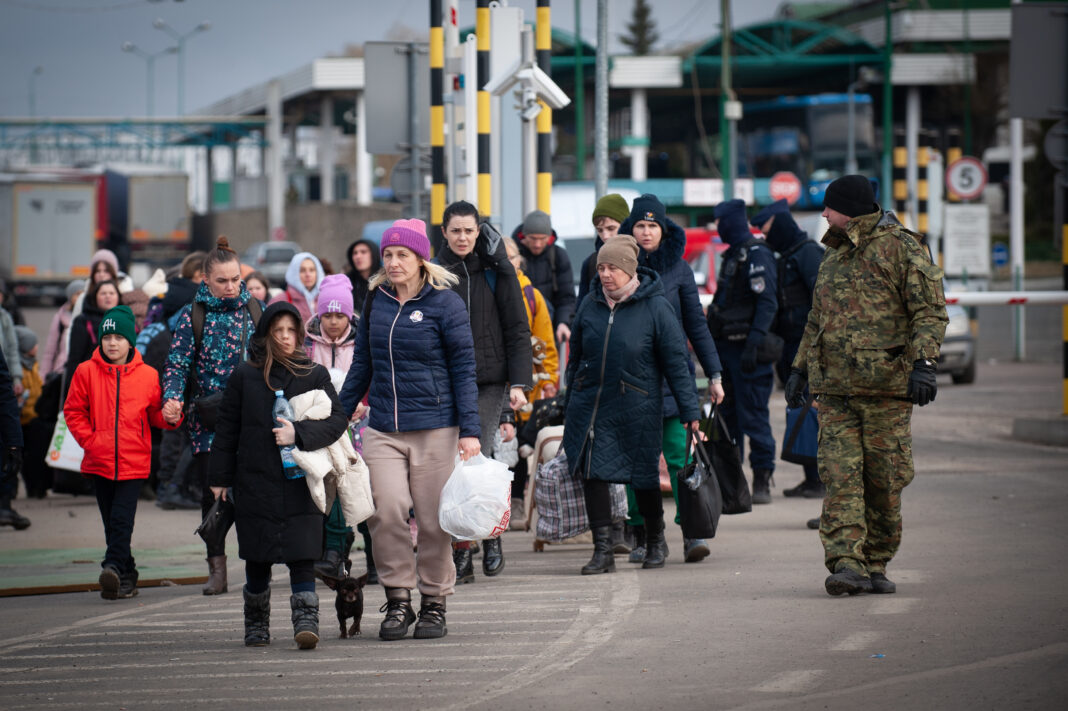The crucial phase of the flow of Ukrainian refugees to Belgium has ended. For the last several weeks, the arrival of Ukrainian refugees into Belgium has stabilised, reaching substantial levels. Around 100 Ukrainians now turn up to the refugee reception centre in Brussels’ Heysel district.
Belgian authorities continue to revise the number of expected refugees from Ukraine. At the starting of the war, the government braced for the arrival of as many as 200,000 Ukrainians. In the mid-May, this was significantly downgraded to 78,000 by the end of July. At the last count, around 52,000 Ukrainians are reported to be on Belgian soil.
Around 47,000 temporary protection statuses were issued to Ukrainians in Belgium in June. 46% of displaced people who needed accommodation were provided temporary housing in Flanders. Another 34.6% found their way to Wallonia, and 3.9% stayed in Brussels.
Only around a quarter of Ukrainian refugees required state housing. Others likely found their own accommodation, relied on the assistance of friends or family, or sought help through private Ukrainian organisations.
It is very hard to calculate just how many Ukrainians have returned home. The process of deregistering is timely and some simply choose to leave without filling out all the necessary documentation.
As of June, some 300 people had officially deregistered from Belgium in order to return home. Another 595 deregistered from their municipalities, either signalling their departure from the country or a move to a different area.
The United Nations High Commissioner for Refugees (UNHCR) estimates that, across Europe, around 4 million Ukrainians have already returned home, or around 40% of the total refugee population.



